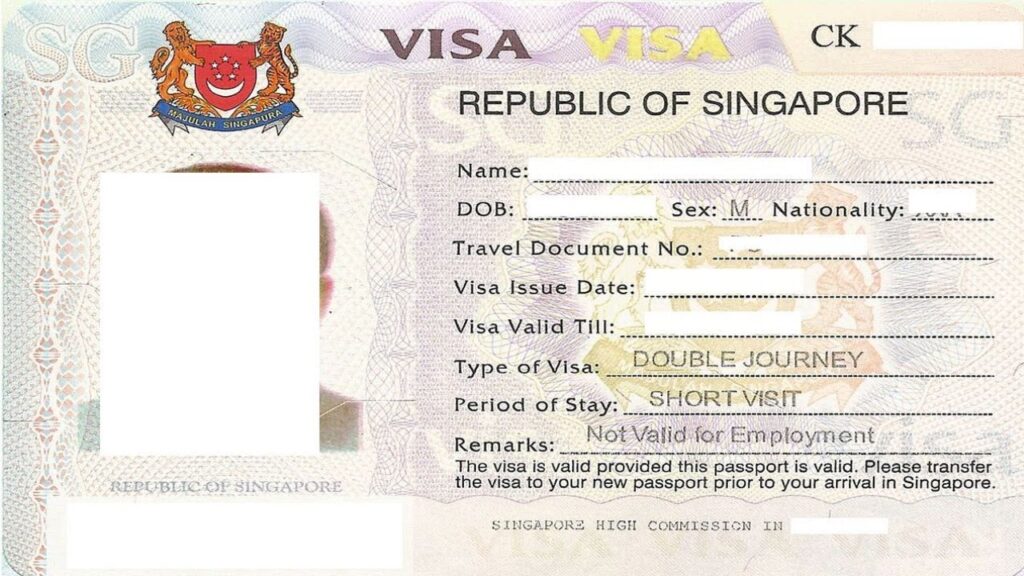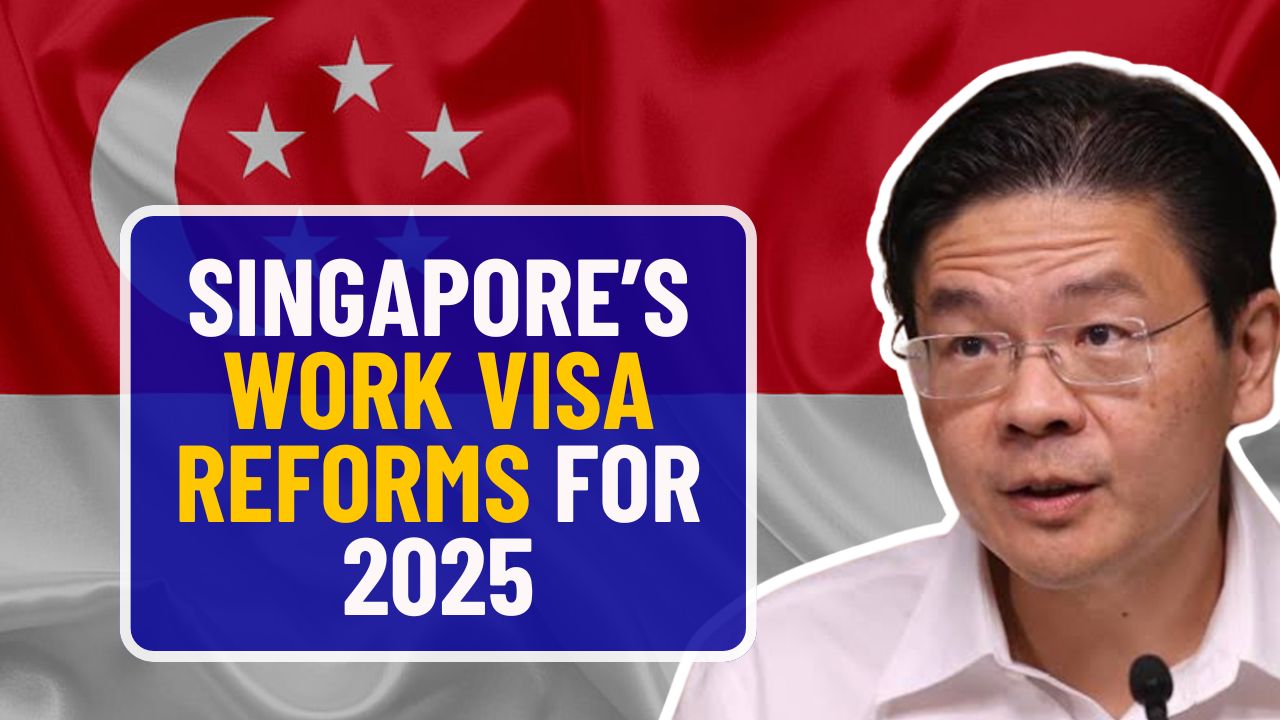As of March 2025, Singapore has introduced significant reforms to its work visa policies, aiming to streamline application procedures and attract top global talent. These changes impact various visa categories, eligibility criteria, and processing timelines, making it essential for foreign professionals and businesses to stay updated. This guide outlines the latest updates and provides insights into navigating Singapore’s evolving work visa landscape.
Understanding the Work Visa Categories in Singapore
Singapore offers several work visa types tailored to different skill levels and professions. The Employment Pass (EP) is designed for foreign professionals, managers, and executives earning a minimum qualifying salary. The S Pass is intended for mid-skilled workers, while the Work Permit is issued to semi-skilled or unskilled workers in industries such as construction, manufacturing, and services.
Entrepreneurs planning to launch businesses in Singapore can apply for the EntrePass, while high-earning professionals seeking greater flexibility may opt for the Personalised Employment Pass (PEP). Each visa type has specific eligibility requirements, and the latest changes seek to make Singapore’s workforce more competitive and accessible to international talent.
Major Policy Adjustments Effective March 2025

The latest reforms introduce several key adjustments designed to enhance Singapore’s appeal to foreign professionals. One of the most notable changes is the removal of the maximum employment period for Work Permit holders, allowing them to secure long-term career opportunities in the country.
Additionally, age limits for employment visas have been extended, making it easier for experienced professionals to work in Singapore. The salary thresholds for various visa categories have also been revised to reflect current market conditions and the country’s economic needs. Furthermore, the list of eligible occupations has been expanded to include emerging industries such as technology, artificial intelligence, and sustainable energy.
Application Process for Different Work Visas
The application procedure varies depending on the type of visa. For the Employment Pass (EP), applicants must secure a job offer from a Singaporean employer, meet the minimum salary criteria, and possess relevant qualifications. Employers are responsible for submitting the visa application through the Ministry of Manpower (MOM) portal, with processing times typically taking up to three weeks.
The S Pass requires applicants to meet specific salary and qualification benchmarks, with employers handling the application process on their behalf. The Work Permit, which caters to semi-skilled workers, follows a similar process, with approvals usually granted within a week.
Entrepreneurs applying for the EntrePass must submit a comprehensive business plan, and the evaluation process can take up to eight weeks. High-earning professionals opting for the Personalised Employment Pass (PEP) do not require employer sponsorship, making it a preferred choice for senior executives and independent professionals.
Significant Work Visa Reforms Impacting Foreign Workers
Singapore’s latest work visa reforms aim to strengthen the country’s ability to attract and retain global talent. One of the most important changes is the increase in salary requirements for EP applicants, effective January 1, 2025. The qualifying monthly salary for new EP applications has risen from S$5,000 to S$5,600, while financial services professionals must earn at least S$6,200—an increase from the previous threshold of S$5,500.
Additionally, the COMPASS framework, introduced in September 2023, continues to apply to EP applications, evaluating candidates based on qualifications, salary levels, and company profile. This system ensures that foreign professionals align with Singapore’s evolving labor market demands while promoting local workforce development.
How These Changes Benefit Foreign Workers and Employers
These visa adjustments provide greater stability and opportunities for foreign professionals seeking employment in Singapore. By eliminating employment period restrictions and expanding occupation lists, more skilled workers can contribute to Singapore’s economy. The streamlined application process also allows businesses to quickly hire international talent, ensuring that industries facing labor shortages can fill critical roles efficiently.
For employers, these reforms create a clearer and more structured process for hiring foreign talent. With revised salary benchmarks and industry-specific requirements, businesses can make informed recruitment decisions while maintaining compliance with Singapore’s evolving labor policies.
Staying Updated and Navigating the Work Visa Process
Given the extensive reforms to Singapore’s work visa system, professionals and businesses must stay informed about new requirements and application procedures. Prospective applicants should ensure they meet the updated salary and qualification standards while employers should review their hiring policies to align with the new guidelines.
For the most accurate and up-to-date information, applicants and employers should regularly check the Ministry of Manpower’s official website or consult immigration professionals for expert guidance.
A More Competitive and Inclusive Workforce
Singapore’s 2025 work visa reforms reflect the country’s ongoing commitment to attracting skilled professionals and strengthening its labor market. With higher salary thresholds, expanded employment opportunities, and a streamlined application process, foreign workers and employers can benefit from a more inclusive and dynamic workforce.
As these changes take effect, individuals and businesses must stay proactive in understanding the updated regulations, ensuring they can successfully navigate the application process and seize new opportunities in one of Asia’s leading global business hubs.

